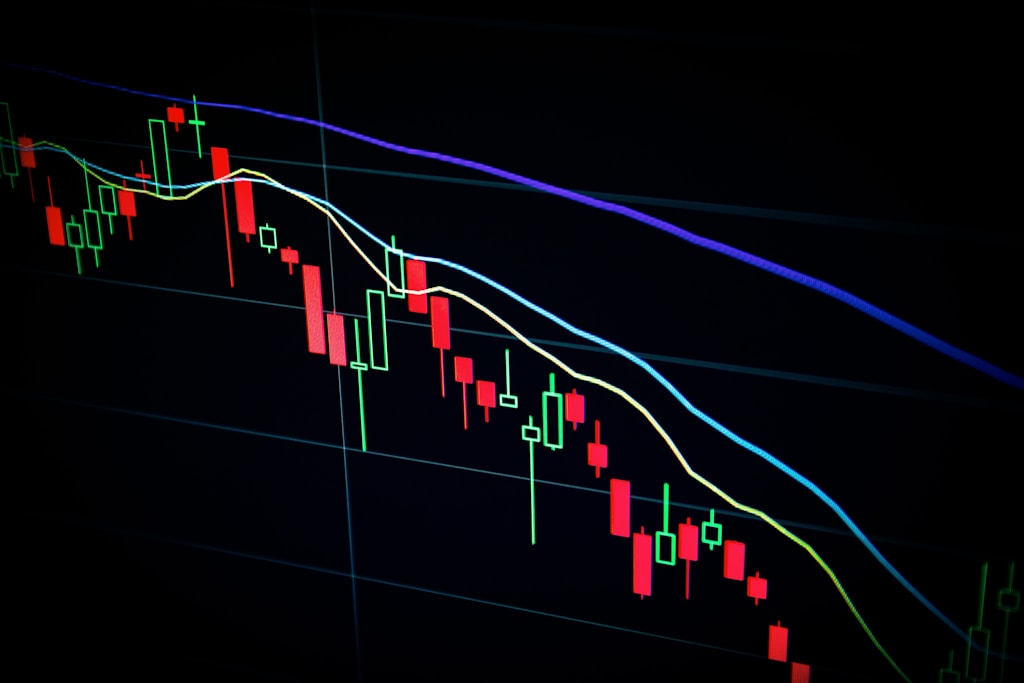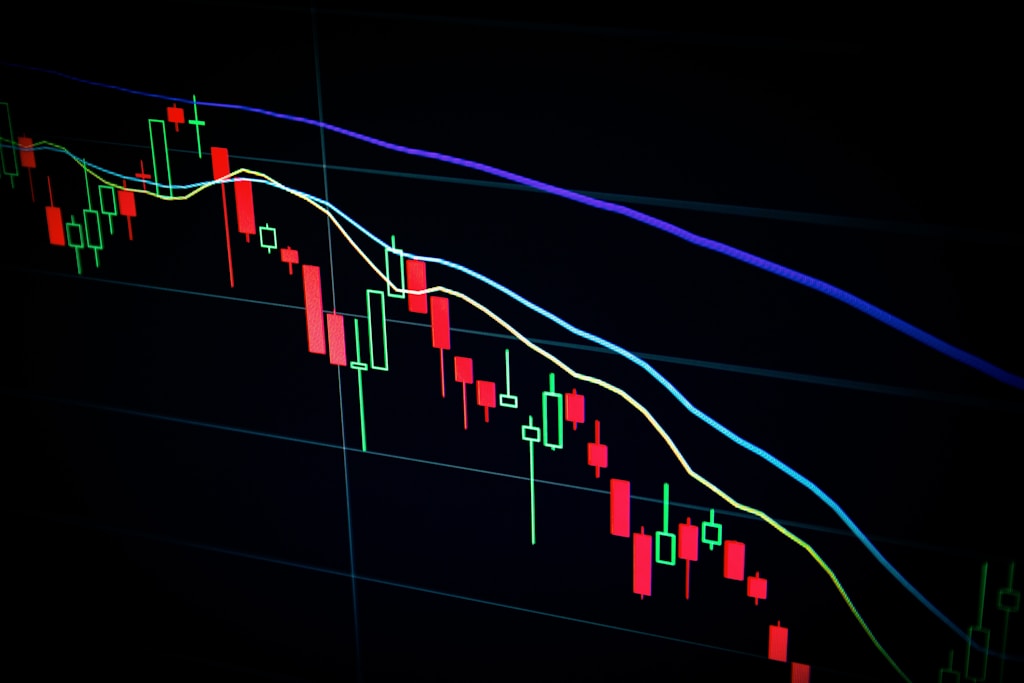The Australian Securities and Investments Commission (ASIC) has launched a significant legal challenge by seeking special leave from the High Court to appeal a recent ruling regarding cryptocurrency firm Block Earner’s offerings. This development marks a crucial moment in cryptocurrency regulatory oversight, as regulators worldwide grapple with defining digital assets.
Key Developments in the ASIC-Block Earner Case
The case centers on ASIC’s pursuit of a definitive ruling on what constitutes a financial product in the cryptocurrency space. This legal battle has significant implications for:
- The classification of crypto products under Australian law
- Future regulatory frameworks for digital asset offerings
- Investor protection measures in the crypto sector
Regulatory Implications for the Crypto Industry
This appeal represents a broader trend of increasing regulatory scrutiny in the cryptocurrency sector. The outcome could establish important precedents for:
- Classification of crypto-based financial products
- Compliance requirements for crypto firms
- Consumer protection standards
Expert Analysis and Market Impact
Legal experts suggest this case could have far-reaching consequences for the Australian crypto market and potentially influence regulatory approaches in other jurisdictions. The outcome may affect:
- Market structure and product offerings
- Institutional participation in crypto markets
- International regulatory harmonization efforts
Frequently Asked Questions
What is the core issue in the ASIC appeal?
The appeal focuses on determining whether Block Earner’s crypto offerings should be classified as financial products under Australian law.
How might this affect crypto businesses in Australia?
A ruling could establish new precedents for how crypto businesses must structure their products and comply with financial regulations.
What are the potential international implications?
The case could influence how other jurisdictions approach the regulation of similar crypto products and services.






